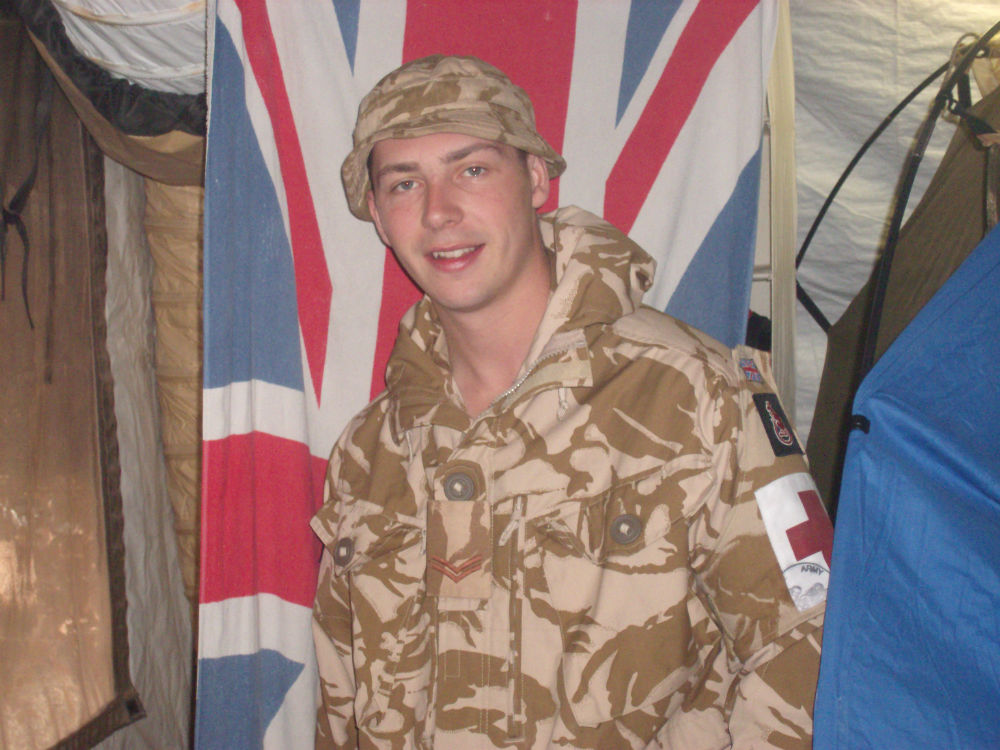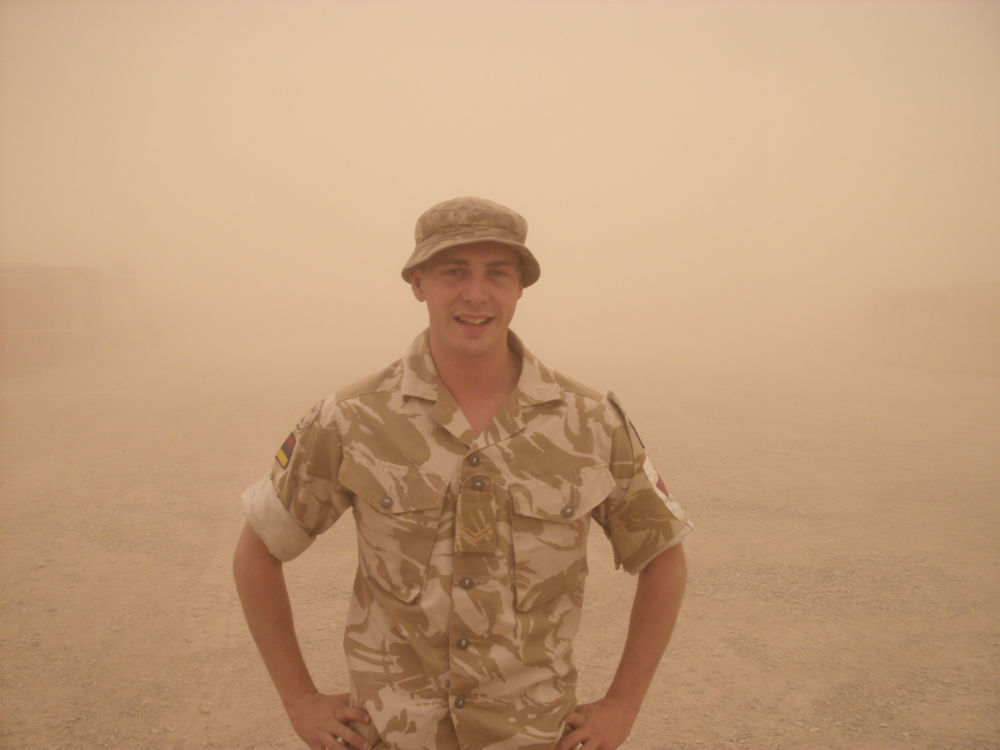Anthony McDermott
North East BIC Business Adviser & Ex British Army
Veterans RV leader Anthony is a former British Army soldier on a mission to help fellow veterans to flourish in the civilian world. One of the driving forces behind Veterans RV, Anthony is an expert in guiding veterans to evaluate and assess their skills and expertise, overcome obstacles and unleash their potential either as business owners or in their chosen career.
When asked what drives him, Anthony says: “ We know that veterans of the armed forces are equipped with a unique skillset, yet they often don’t realise it themselves. I am passionate about helping them to regain the initiative and make their mark in the civilian world.”


Tell us about your military career
I was just 16 when I joined as a boy soldier at the Army Foundation College in 2002, serving initially with the Royal Regiment of Fusiliers and then the Royal Army Medical Corps. During my 11-year career I served initially in the regular Army before later transitioning into the reserve forces. I was stationed in Germany and served operationally in Afghanistan in 2009 as a frontline combat medic, dealing with high level trauma and death, which really makes you appreciate life.
What did your military career give you in terms of skills and knowledge?
A huge amount of life experience, which most of my peers when I left didn’t have. Among scores of other things, veterans have self-discipline, they’re adaptable, they’re great team workers and brilliant problem solvers. The military broadens your outlook on life and equips you with so many attributes, yet many veterans take those skills for granted because they assume everyone has them. They don’t recognise how unique they are in the civilian world.
Why do so many veterans struggle making the transition into civilian life?
The military is great, but at the same time it can be a prison-like scenario for some. When the time comes to leave, the only thing many veterans have really known is their military surroundings. It’s a closed environment – they don’t go outside camp much; they’re just closeted there. Institutionalised is definitely a term that suits many. Yes, there are courses when they are coming up to leave, but they don’t really learn how to operate in the outside world.
So what happens when people leave?
There is a lot of support out there for veterans in terms of CV writing and general interview skills, but it’s not very aspirational. They’re used to structure being imposed on them and they end up being pigeon-holed into factory and driving jobs because their military qualifications and transferrable skills aren’t recognised by many.

So how did you manage?
I did okay, I think because I joined the reserves, so I still had the structure of military life while I was adjusting to civilian life. I worked in sales and marketing, I set up my own business, I worked in the charity sector, and then came to the BIC because I really wanted to give something back. Now, with Veterans RV, we can help veterans to realise their potential in the civilian world.
What do you want to achieve?
We know veterans have skills and experience needed in the civilian world, and I’m passionate in guiding people to identify opportunities and raise their aspirations. It’s about convincing them that yes, you can do this; your military career has given you the skills you need to be whatever you want to be. Most people go into the military when they are young and have so much more life experience than most by their mid-twenties. Yet while they might value themselves within the army scenario, in a real world 9-5 scenario they feel adrift – they don’t realise they have the skills to succeed in the civilian world.
There’s a gap in the market for entrepreneurship, and there are all these veterans with amazing leadership skills, but they don’t realise they can flourish in the business world. It’s about getting them to regain the initiative and establish themselves in a successful career or as a business owner.
What has been the most important lesson for you during your career to date?
Realising that when I left the military I had skills that were relevant to civilian life, and recognising that the self-discipline I had was far greater than most people of my age. It’s attributes like these that equip us to succeed in civilian life, whichever route we choose to follow.